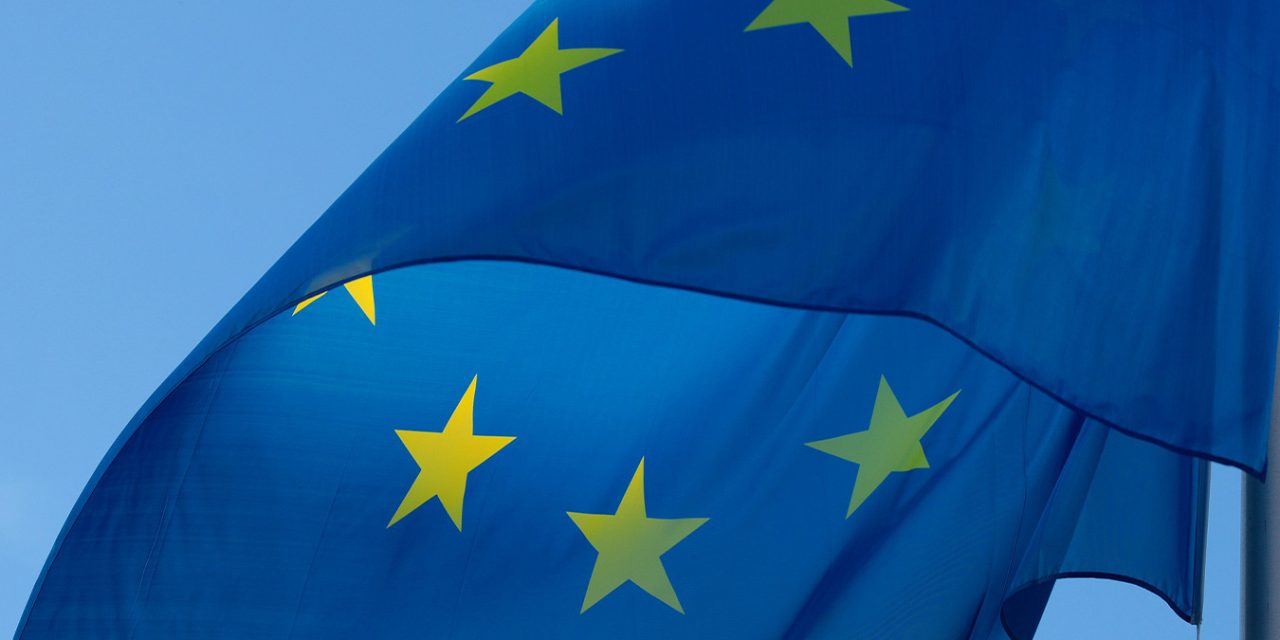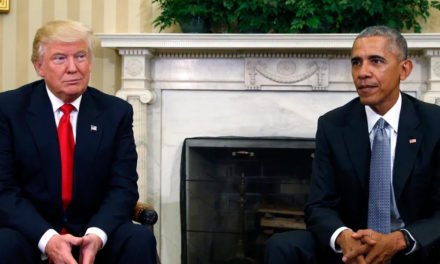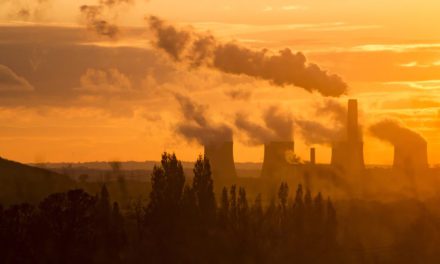 How EU Institutions Celebrate Europe Day
To celebrate Europe Day, the major EU institutions open their doors to the public, such as the European Parliament, the Council of Europe and the European Commission in Brussels and Strasbourg.
Local EU offices in every member state and all over the world organise a variety of events and activities with people of all ages taking part in debates, concerts, and visits. There is also a poster competition for the poster that best captures the idea of the EU.
How EU Institutions Celebrate Europe Day
To celebrate Europe Day, the major EU institutions open their doors to the public, such as the European Parliament, the Council of Europe and the European Commission in Brussels and Strasbourg.
Local EU offices in every member state and all over the world organise a variety of events and activities with people of all ages taking part in debates, concerts, and visits. There is also a poster competition for the poster that best captures the idea of the EU.
 How Important is Europe Day?
How Important is Europe Day?
To many people in eastern Europe, Europe Day could easily be confused with V Day, which was celebrated in all countries east of the Iron Curtain during the USSR era and was officially called the ‘Liberation of people by the Red Army’. This is because Nazi Germany officially surrendered at 11:01 pm on May 8th, which in Moscow, because of the time difference, was already May 9th. But for many citizens in East European countries, this date carried a negative meaning as they had traded one dictator, Hitler, for another, Joseph Stalin.
In Poland however, the government officially changed the date of V Day from the 9th to the 8th May and changed the official wording of the celebration from “Holy Victory and Freedom Day” to “National Victory Day”. In so doing they left room for the celebration of Europe Day on May 9th. To some extent, this reflects the serious efforts countries in east and central Europe made to be able to join the EU. For example, in Sofia, the capital of Bulgaria, there is a square and a new Metro station called ‘The European Union’.
This desire to be part of the EU can still be seen in European countries that have not yet joined, such as Kosovo, which is the only country in Europe where Europe Day is a national holiday.
Europe Day marks a call to unity across the continent and should be viewed as a celebration of how the European project has managed to spread and anchor values of peace, human rights, and understanding across what used to be a war-torn continent.]]>
- Why is California So at Risk from Wildfires? - 13th November 2019
- Carbon Offsetting is Growing but Does it Make a Difference? - 11th November 2019
- Three Confirmed Dead as Australia Prepares for “Catastrophic” Bushfires - 11th November 2019






